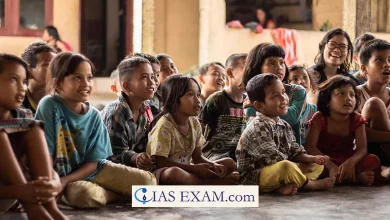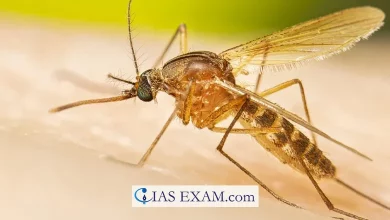Daily Current Affairs for UPSC
Challenged case of Juvenile Justice Act
[GS Paper 2 – Indian Constitution, Judiciary]
Context – The DCPCR moved to the Supreme Court challenging the reclassification of the Juvenile Justice Act 2021 making Certain offenses non-Cognizable.
The Delhi Commission for the Protection of Child Rights has now moved a plea in the Supreme Court, challenging an amendment made to the Juvenile Justice (Care and Protection of Children) Act last year which reclassifies serious offenses (maximum imprisonment of three to seven years) against children as non-cognizable.
Key Developments
- The offenses that have been made non-cognizable through this change include:
- The sale and procurement of children
- Exploitation of child employees
- Use of children for begging
- Use of children for vending
- Smuggling or trafficking narcotics
- Cruelty committed upon children by the Child Care Institutions (CCIs) staff
- The child rights body’s move to challenge the amendment in the Supreme Court came a month after it and the state child rights bodies of Punjab, West Bengal, Chandigarh, and Rajasthan had written to the Union government seeking a Bill be tabled in Parliament to reverse this reclassification of offenses.
- In their recommendation letter to the Union government, the five child rights bodies had pointed out that making these offenses non-cognizable would make reporting them even more difficult.
- The reporting is Especially for children from marginalized communities, who are most often the victims of such crimes, has been difficult.
- The child rights bodies also pointed out another anomaly in the amendment, according to which these crimes are serious enough to be non-bailable but not serious enough to be cognizable.
- Crimes against children by staff or heads of CCIs – have been increasing consistently across the country since 2017 before dipping in the pandemic year 2020, according to data available with the National Crime Records Bureau. Hence an amendment is highly justified.
About the Act
- The Juvenile Justice (Care and Protection of Children) Act, 2015 replaced the Juvenile Justice (Care and Protection of Children) Act, 2000.
- The Act changed the nomenclature from ‘juvenile’ to ‘child’ or ‘child in conflict with law’. Also, it removes the negative connotation associated with the word “juvenile”.
- It also included several new and clear definitions such as orphaned, abandoned and surrendered children; and petty, serious and heinous offenses committed by children.
- It included special provisions to tackle child offenders committing heinous offenses in the age group of 16-18 years.
- It mandated setting up Juvenile Justice Boards and Child Welfare Committees in every district. Both must have at least one woman member each.





.png)



